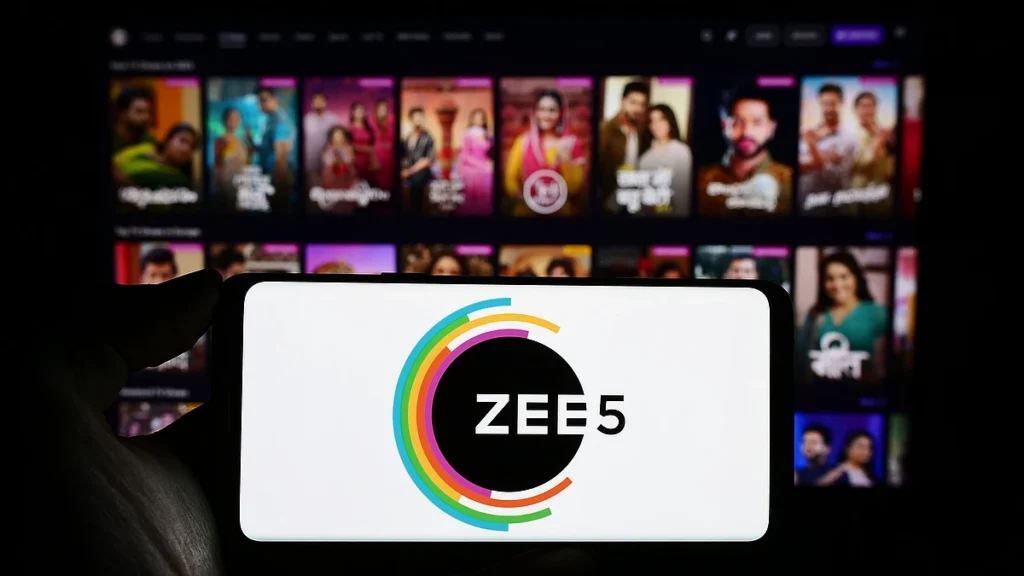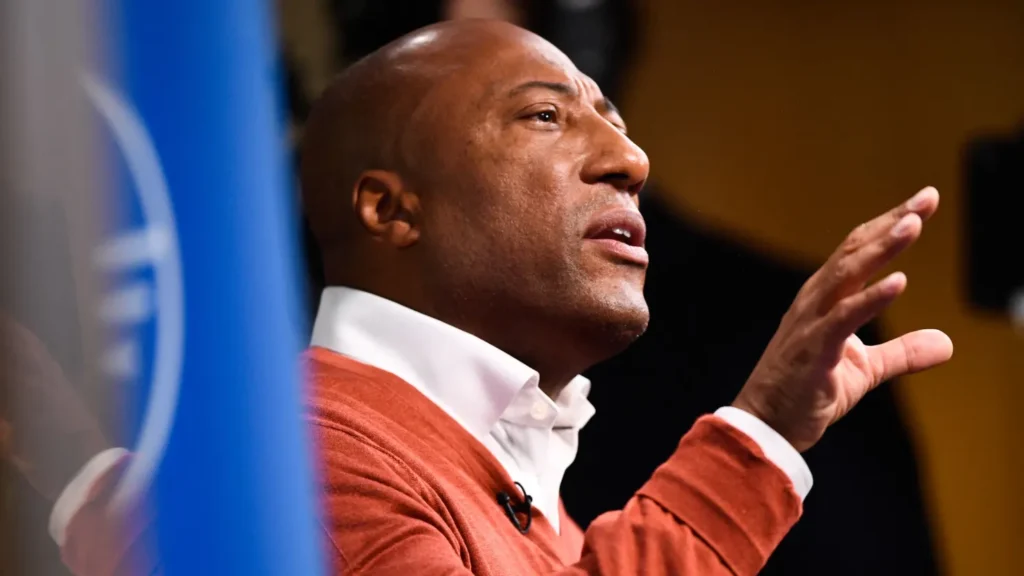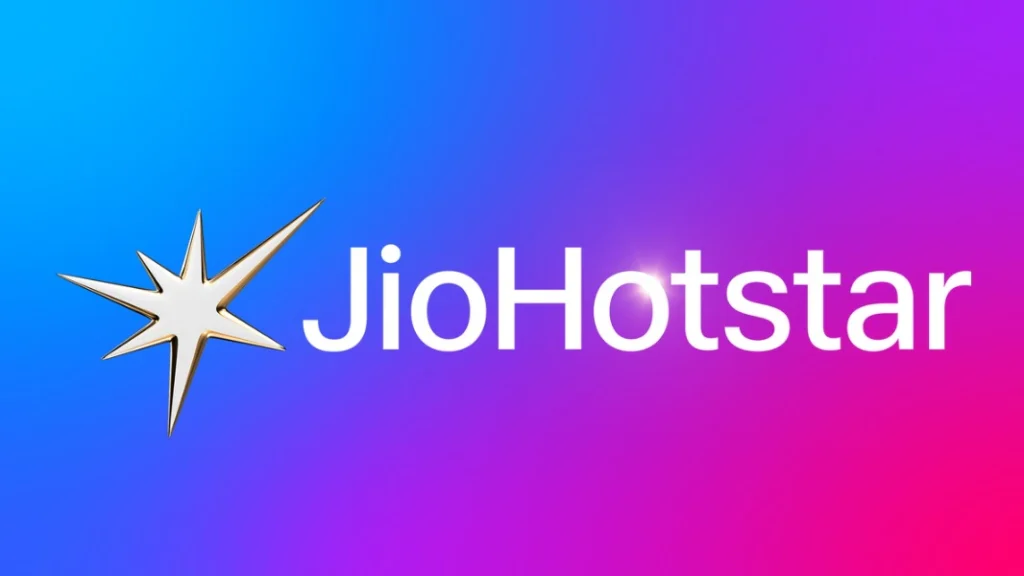Netflix Partners with NASA to Stream Live Space Events This Summer
In an exciting move to expand its live content portfolio, Netflix has joined hands with NASA to offer subscribers real-time space programming starting later this summer. The collaboration will provide access to live rocket launches, astronaut spacewalks, and real-time Earth views from the International Space Station (ISS) — all delivered via NASA’s ad-free streaming platform, NASA+. The initiative marks a strategic step for Netflix, which has so far concentrated its live offerings on in-house productions such as stand-up specials, global award shows, and major one-time events. By incorporating space-related live content, the platform is aiming to broaden its appeal and attract a more diverse viewer base, including space science enthusiasts. Netflix’s push into the live content space has gained momentum over recent years. It has added live sports content like WWE and hosted special events such as celebrity golf tournaments. The streaming giant also recently teamed up with French broadcaster TF1, offering subscribers in France live access to events, drama series, and reality TV programs including The Voice. For NASA, this collaboration is part of a larger effort to make space more accessible to the public. Earlier this year, the space agency launched a FAST (Free Ad-Supported Streaming Television) channel in partnership with Prime Video. NASA has also been active on platforms like YouTube, and continues to provide free content via NASA+ on its official website. This partnership with Netflix opens up new avenues for public engagement with space exploration, combining the global reach of a leading entertainment platform with the awe-inspiring missions of the world’s premier space agency. Source: TechCrunch Photo Credit: NASA
Netflix Partners with NASA to Stream Live Space Events This Summer Read More »










